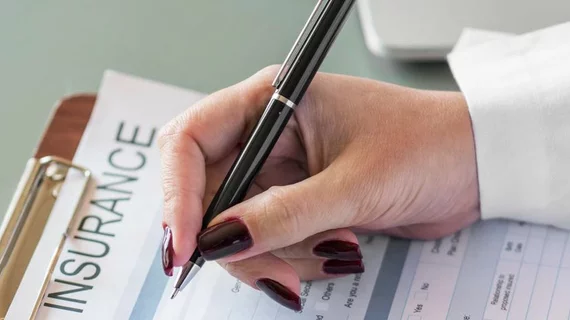Majority of Americans believe healthcare is a government responsibility
More than half of Americans (57%) believe healthcare should be ensured by the federal government, according to a recent poll from Gallup.
The findings are in line with previous surveys, though 53% of Americans also prefer that the U.S. healthcare system be based on private insurance instead of being run by the government.
Gallup has been tracking how the American public views healthcare responsibility since 2000. Over the years, the variance in how Americans view the federal government’s responsibility to ensure health insurance coverage has widely varied. For example, from 2000 to 2008, between 54% and 69% believed the federal government should ensure universal coverage in the U.S. After the Affordable Care Act (ACA) was signed into law in 2009 by then President Barack Obama, sentiment dropped, and from 2012 through 2014, clear majorities said this was not the government’s responsibility, Gallup found.
Since 2016, the majority of Americans once again believe healthcare coverage is a government responsibility. In the latest poll, conducted Nov. 9-Dec. 2, 2022, 40% of Americans believe the government should not be responsible to ensure coverage for all Americans. There is also a clear divide between Democrats and Republicans on this sentiment.
“Partisans’ views of the federal government’s responsibility in ensuring healthcare for all Americans diverge sharply, as they have over the past two decades,” Gallup reported. “Currently, 88% of Democrats and 59% of independents but just 28% of Republicans think the government is responsible.”
On average, 79% of Democrats have supported the government’s obligation to ensure healthcare for the U.S. population since 2001, and an average of 71% of Republicans over the same period have said the opposite. Among independents, an average of 56% over time have believed it is the government’s responsibility.
Despite clear majority support for the government to ensure healthcare coverage, the majority of Americans still prefer that system to be run through private insurers. More than half (53%) prefer a private system, while 43% support a government-run system. In fact, Americans have consistently preferred a private system since the option was presented in 2010. Only in 2017 was there a divergence, when U.S. adults were evenly split on this opinion.
The split between Democrats and Republicans was similar as overall support for government-sponsored healthcare coverage.
“Partisans’ preferences for the U.S. healthcare system differ sharply, with 72% of Democrats in favor of a government-run system and 83% of Republicans a private system,” Gallup reported. “Independents tilt slightly toward a private (50%) rather than a government-run (46%) system.”
The latest poll findings underscore how nuanced Americans’ beliefs are about their healthcare system. Overall, most Americans believe the government has a responsibility to ensure healthcare coverage, and Democrats are more united in wanting a true public health system, as well.

